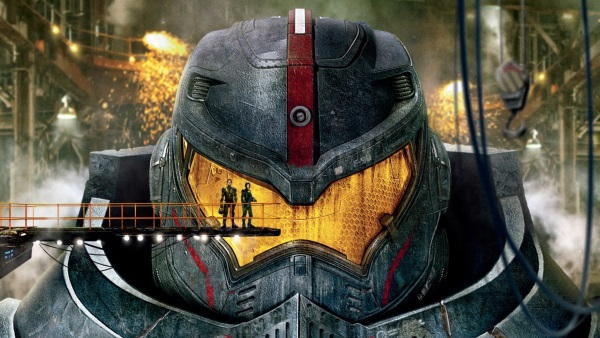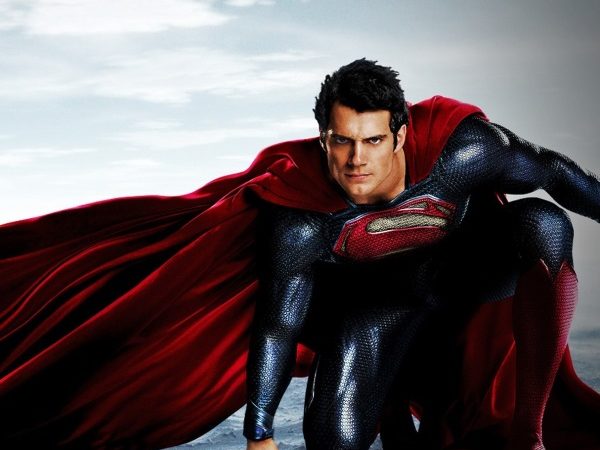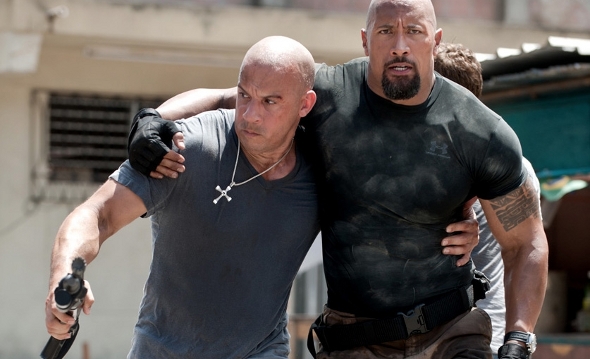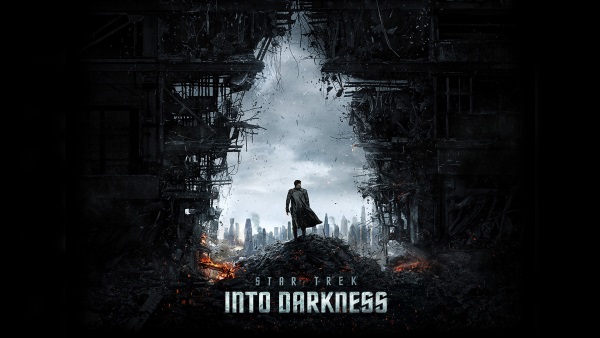Shutter Island is based on the 2003 novel of the same name by Dennis Lehane. In 1954, U.S. Marshalls Teddy Daniels (Leonardo DiCaprio) and Chuck Aule (Mark Ruffalo) are sent to an institution for the criminally insane to investigate the mysterious disappearance of an inmate. The consummately professional chief administrator Dr. John Cawley (Ben Kingsley) is initially cooperative but appears to be hiding something. Teddy Daniels’search for the truth uncovers a vast tapestry of conspiracies that threaten to tear the fabric of his sanity apart. Each stone unturned brings him closer to a reality that he may not be ready to face.
Shutter Island reveals yet another side to Martin Scorcese as an artist. Over the past couple of decades he has evolved into a different filmmaker. On the surface, his output over the past twenty years is more conventional. Further inspection reveals a director who has gradually become more calculated with each film he makes. Scorcese films have always been decidedly visceral affairs that dazzle the senses more than the intellect. Shutter Island shamelessly toys with its audience in a way that earlier Scorcese films do not.
Shutter Island oozes impenetrable atmosphere. The story takes place during a seemingly endless rainstorm. The skies seem permanently overcast. The clouds prevent even a ray of sunlight from peaking through. Robert Richardson’s cinematography evokes the thrillers and horror films of classic Hollywood and enhances the foreboding mood. The images onscreen are at once picturesque and hopelessly dreary. The images are crisp and sharp, yet seem as weathered and worn as the buildings and landscapes. This fits in with the film’s theme of mental and physical deterioration.
The cast is uniformly excellent. Not one performance falls flat as each actor gives more than is required. As Teddy Daniels, Leonardo DiCaprio seems to have found a new level of depth as a performer. He is vulnerable, but never weak. Confused, yet determined. He is as precise as a marksman, finding just the right note to play every scene required of him. Mark Ruffalo is great as the loyal yet weary Chuck Aule. The ever dependable Ben Kingsley gives Dr. John Cawley an air of gentle professionalism that makes us a bit uneasy. Like Teddy Daniels, we are never sure of where we stand with him.
The film’s ending will be the cause of much debate. While not satisfying in the conventional sense, it doesn’t feel contrived or forced. It plays by the rules laid out by the film that preceded it and makes sense from a character standpoint if not a logical one. It raises just as many questions as it answers and helps the themes of the Shutter Island to linger in the mind. Easy answers and neat resolutions will not be found here.
Shutter Island’s greatest strength nearly proves to be its undoing. The film concentrates so much on generating mood and atmosphere that it occasionally meanders. The narrative focus gets lost in the second and third acts. We are not quite sure where this is all leading, and it becomes obvious that this may not be by design. The storytelling seems less than sure handed at points and the film lags as a result. The structure is also hampered by the running time. The flashback sequences, beautifully rendered though they maybe, are one too many.
Shutter Island isn’t as streamlined or as cohesive as it needs to be, yet it is undeniably effective. It mesmerizes the viewer despite its shortcomings. As it moves to its closing moments, its oppressive mood has settled deep into our subconscious without us realizing. We know we are being manipulated, yet we go along anyway. Patient and thoughtful viewers should find subsequent viewings rewarding. Shutter Island is an unusual yet welcome addition to the Scorcese catalog.



![]()
Out of 5
Follow Malice Intended on Twitter @ http://twitter.com/renaissance1977
Follow Us on Twitter @ http://twitter.com/planetill
Join Us on the Planet Ill Facebook Group for more discussion
Check out Planet Ill’s page on Essence.com
Follow us on Networked Blog






Great review!